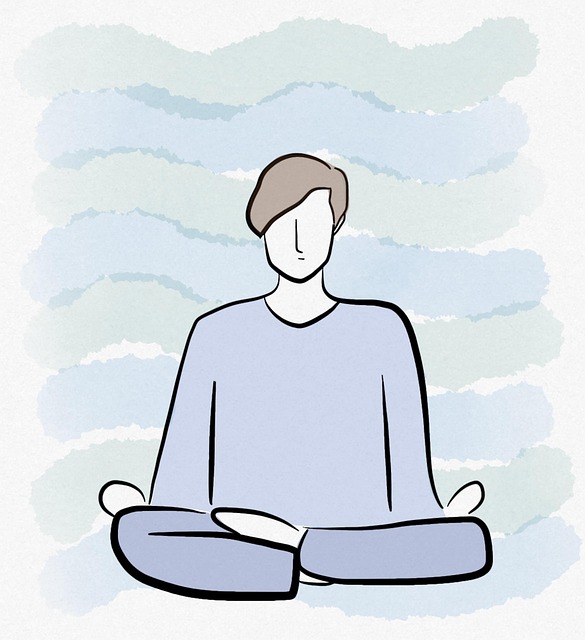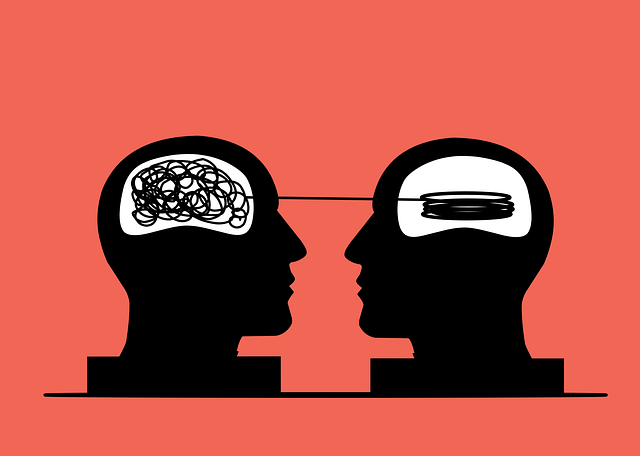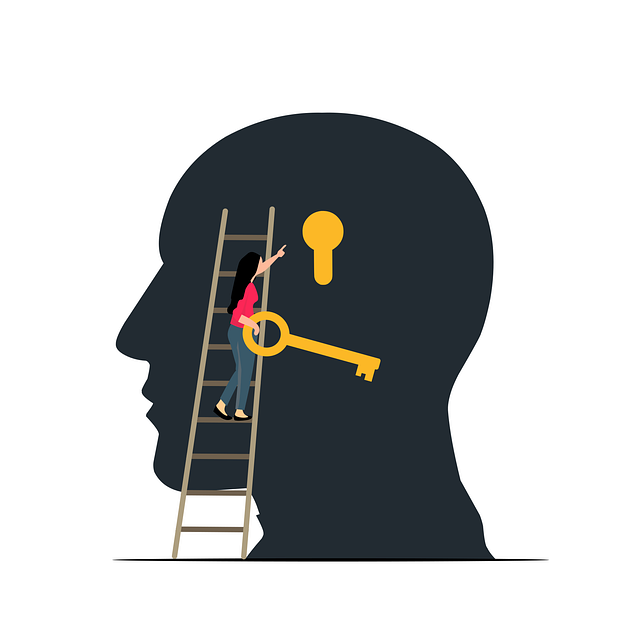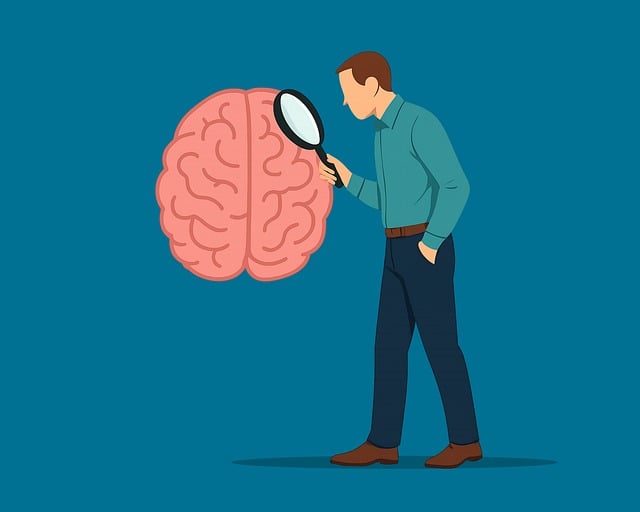Therapy for adults focusing on stress management equips individuals with powerful tools like Cognitive Behavioral Therapy (CBT) and mindfulness practices to regulate moods effectively. CBT helps identify and change negative thought patterns, reducing anxiety and depression. Mindfulness meditation cultivates inner peace, enhances emotional regulation, and improves mood. Lifestyle adjustments including balanced diet, regular exercise, and adequate sleep are crucial for emotional balance. Programs like Mental Wellness Coaching and Stress Management Workshops empower individuals with tailored coping strategies for resilience building.
Mood regulation strategies are essential tools for adults navigating the challenges of daily life and managing stress. This comprehensive guide delves into various techniques designed to foster emotional balance. From cognitive behavioral therapy (CBT), a powerful tool for stress management, to mindfulness and meditation practices that nurture inner peace, each section explores effective ways to stabilize moods. Additionally, we uncover the profound impact of lifestyle adjustments, including diet, exercise, and sleep, on overall emotional well-being.
- Understanding Mood Regulation: Unraveling Emotional Balance
- Cognitive Behavioral Therapy (CBT): A Powerful Tool for Stress Management
- Mindfulness and Meditation: Nurturing Inner Peace
- Lifestyle Adjustments: The Role of Diet, Exercise, and Sleep in Emotional Well-being
Understanding Mood Regulation: Unraveling Emotional Balance

Understanding Mood Regulation is a crucial aspect of maintaining emotional balance, especially for adults grappling with stress management. The human mind, a complex tapestry of thoughts and feelings, requires strategic navigation to navigate life’s challenges. Mood regulation strategies are like tools in a toolbox, designed to help individuals manage their emotional states effectively. By learning these techniques, adults can enhance their mental health education and gain valuable insights into fostering positive thinking and promoting overall mental wellness.
Therapy for Adults plays a pivotal role in teaching these strategies, offering a safe space to explore and develop personalized approaches. Through various therapeutic methods, such as cognitive-behavioral therapy or mindfulness practices, individuals can learn to recognize and modify negative thought patterns, thus influencing their mood and emotional responses. Incorporating stress management techniques into daily routines becomes an essential part of this process, enabling folks to navigate life’s labyrinthine paths with resilience and grace.
Cognitive Behavioral Therapy (CBT): A Powerful Tool for Stress Management

Cognitive Behavioral Therapy (CBT) is a highly effective tool for adults seeking to manage stress and enhance their mental health awareness. This therapy focuses on identifying and changing negative thought patterns that contribute to distress, providing practical strategies for coping with demanding situations. By fostering self-awareness exercises, CBT empowers individuals to challenge distorted beliefs and replace them with more realistic, positive ones.
This therapeutic approach has proven particularly useful in reducing the symptoms of various mental health disorders, including anxiety and depression. Through structured sessions, CBT teaches individuals to recognize triggers, develop healthier coping mechanisms, and gain a new perspective on stressful events. By addressing underlying cognitive issues, this therapy offers long-lasting solutions for stress management, ultimately contributing to improved overall well-being.
Mindfulness and Meditation: Nurturing Inner Peace

In today’s fast-paced world, stress management is a vital aspect of maintaining good mental health awareness. One powerful tool that has gained significant traction in therapy for adults is mindfulness and meditation. These practices encourage individuals to focus on the present moment, cultivating inner peace and a sense of calm amidst life’s challenges. By fostering mental clarity, mindfulness meditation acts as a game-changer in regulating moods and promoting overall well-being.
Through regular practice, individuals can enhance their ability to navigate stressful situations with composure. Mindfulness meditation involves paying attention to one’s thoughts and feelings without judgment, allowing for better emotional regulation. This simple yet profound technique has been shown to reduce anxiety and improve mood, making it an accessible and effective strategy for adults seeking stress management solutions. Incorporating mindfulness into daily routines can transform challenging experiences into opportunities for growth and inner strength.
Lifestyle Adjustments: The Role of Diet, Exercise, and Sleep in Emotional Well-being

Lifestyle adjustments play a pivotal role in mood regulation and emotional well-being. A balanced diet rich in nutrients supports brain health and can significantly impact mood stability. Incorporating regular physical activity, such as aerobic exercises or yoga, not only promotes overall fitness but also releases endorphins that act as natural stress fighters and boost positive emotions. Adequate sleep is another cornerstone of emotional balance; it allows the body to rejuvenate and helps regulate hormones associated with stress and mood.
In today’s fast-paced world, adults often face persistent stress that can disrupt mental wellness. Recognizing this, many organizations now offer specialized Mental Wellness Coaching Programs and Stress Management Workshops to empower individuals with tools for resilience building. These initiatives focus on developing effective coping strategies tailored to each person’s unique needs, ultimately enhancing their ability to navigate life’s challenges and maintain a healthy emotional state.
In conclusion, maintaining emotional balance is a multifaceted process that involves understanding our emotions, adopting effective coping mechanisms, and making informed lifestyle choices. As discussed, cognitive behavioral therapy (CBT) empowers adults to manage stress by challenging negative thought patterns, while mindfulness practices foster inner peace and present-moment awareness. Additionally, lifestyle adjustments such as balanced diet, regular exercise, and adequate sleep play a crucial role in enhancing emotional well-being. By integrating these strategies into our daily lives, we can achieve better mood regulation and lead more fulfilling lives.










